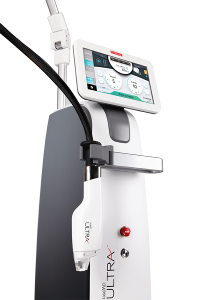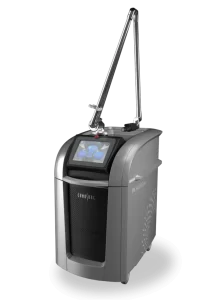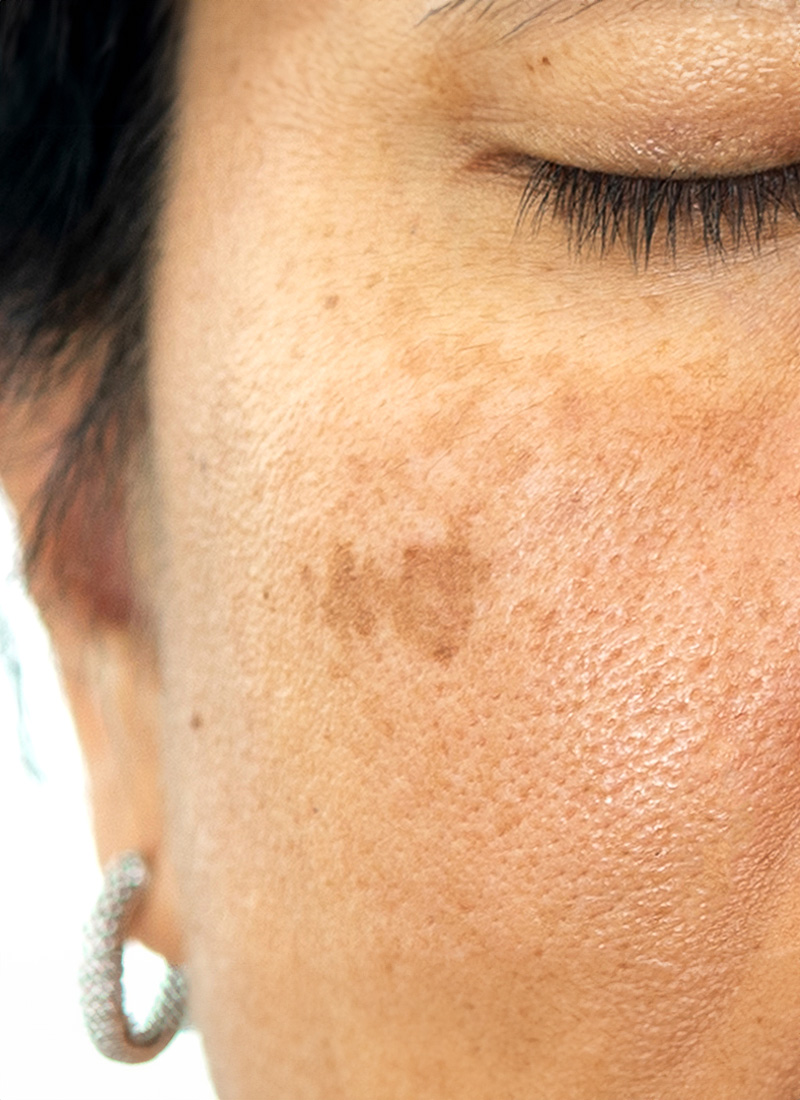
Problem Areas
What is Skin Discoloration?
Skin discoloration refers to any variation in skin color that deviates from the normal, even tone of the skin. This condition can manifest as dark spots, patches, or overall uneven skin tone. Common forms of skin discoloration include hyperpigmentation, where areas of the skin become darker, and hypopigmentation, where areas become lighter. Discoloration can affect various parts of the body and often indicates underlying issues with melanin production or skin health.
Causes of Skin Discoloration
- Sun Exposure: Prolonged exposure to UV rays from the sun can lead to hyperpigmentation, such as sunspots or age spots.
- Hormonal Changes: Conditions like melasma or pregnancy-related pigmentation are influenced by hormonal fluctuations.
- Post-Inflammatory Hyperpigmentation (PIH): Dark spots or patches can occur after an inflammatory skin condition, such as acne or eczema, has healed.
- Skin Injuries: Wounds, burns, or trauma can lead to discoloration as the skin heals.
- Medications: Some medications can cause skin discoloration as a side effect.
- Genetics: Certain genetic conditions or family history can predispose individuals to skin discoloration.
Potential Negative Outcomes If Left Untreated
- Cosmetic Concerns: Skin discoloration can be aesthetically displeasing and affect self-esteem and body image.
- Worsening of Condition: Without treatment, discoloration may become more pronounced or spread to other areas.
- Psychological Impact: Persistent or severe skin discoloration can lead to emotional distress and reduced quality of life.
- Underlying Health Issues: In some cases, skin discoloration may signal underlying health conditions that require attention.
Best Treatments For Skin Discoloration
Effectively treating skin discoloration involves addressing the underlying cause and improving the appearance of affected areas. Various treatments can help restore an even skin tone and enhance overall skin health.
Products containing ingredients like hydroquinone, retinoids, vitamin C, or niacinamide can help lighten dark spots and even skin tone.
Peels using glycolic acid, salicylic acid, or TCA can exfoliate the skin and reduce discoloration by removing damaged outer layers.
Laser treatments can target and break up pigment in the skin, improving discoloration.
Microneedling with topical treatments can stimulate collagen production and help reduce pigmentation issues.
Daily use of broad-spectrum sunscreen with a high SPF is essential to protect the skin from UV damage and prevent further discoloration.
Our Services
Treatments We Offer For Skin Discoloration
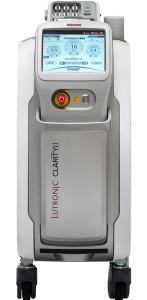
Clarity II
Laser toning, vascular discoloration caused by spider viens and telangiectasias, rosacea
